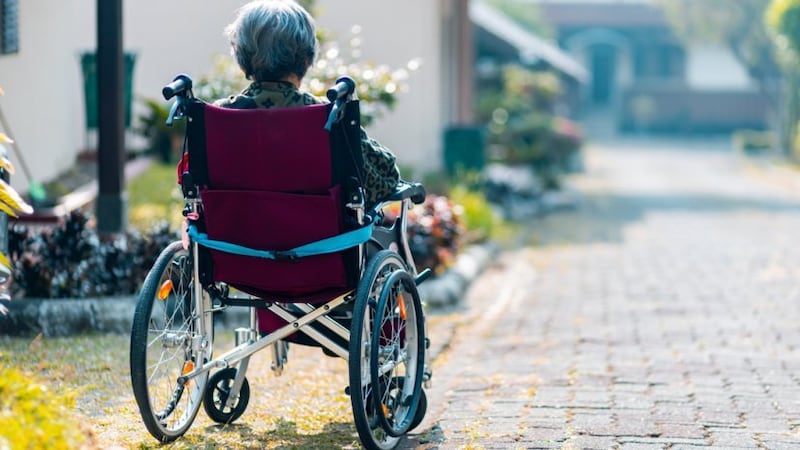Dementia will cost New Zealand nearly $6 billion a year by 2050 and one in four New Zealanders will die with the condition, according to a University of Auckland study for Alzheimer's New Zealand, Dementia Economic Impact Report 2020,
The study finds considerable ethnic differences in use of long-term care services for people living with dementia, and the financial impact on those families.
"This particularly impacts Māori whānau who choose not to use aged residential care but do not receive compensatory increase in culturally appropriate community support services, so whānau members bear the economic burden of providing care," it says.
Without appropriate supports afforded to Māori, this "constitutes an inequity in allocation of resources which is not in line with Treaty obligations."
The study shows dementia makes a greater impact on financial income for families in Māori communities as there is a greater proportion of early-onset dementia (starting before age 65) in Māori (19.0%).
"The number of Europeans living with dementia in Aotearoa NZ is projected to almost double from 60,500 to 106,500 but dementia among Māori (4,300), Pacific (1,930) and Asian (4,800) populations will almost triple to 12,030, 5,450 and 17,990 respectively in 2050."
Spike predicted
Dementia NZ chief executive Scott Arrol says there are about 70,000 Kiwis living with mate wareware (dementia) and this is projected to grow to 170,000 in the next 25 years.
The social care cost per person with dementia is almost $5,000 lower for Māori than Europeans, who average $20,530
The report says "In 2020 over one million hours of unpaid care is provided (mostly by family members) to people living with dementia every week – 52.7 million hours per year, which would cost $1.19 billion if it were provided by paid carers (valued as replacement cost). The opportunity cost (cost to government) incurred by unpaid carers who would otherwise have been in employment were they not providing care, is estimated at $110.7 million or $1,590 per person with dementia."
Māori bear the heaviest economic burden on their families at a rate 11% higher than Europeans.
The report looked at the cost of dementia across ethnic groups and found though the cost may look similar, the impacts can still be greater for Māori, Pacific and Asian communities,
'On the knife's edge'
It says Māori, Pacific and Asian people living with dementia and their carers are disadvantaged across many domains.
"They are disproportionately impacted by the lost productivity due to the higher prevalence of dementia in working age populations. They also use fewer social care resources, which results in a higher cost of unpaid care being placed on families and whānau. Therefore, while the total economic cost per person for Europeans ($35,250), Māori ($35,680) and Pacific peoples ($35,570) may appear similar (and that of Asian populations ($27,650) significantly lower), they actually bear a greater economic disadvantage."
Dementia NZ, Alzheimer's NZ, NZ Dementia Foundation and the Mate Wareware Advisory Rōpū are calling for urgent action from the government on Aotearoa's dementia plan.
Arrol says New Zealand does not have a dementia plan but it had indicated support for the updated dementia mate wareware action plan developed collaboratively by the lead dementia mate wareware organisations.
Mate Wareware Advisory Rōpū kaiwhakarite Dr Makarena Dudley says the plan addresses the inequities experienced by Māori as well as other cultural groups living with mate wareware in Aotearoa New Zealand.
Arrol says Andrew Little and Ayesha Verral need to do something immediately. He described the situation as being on a knife's edge. “We are having to rattle tins on street corners and rely on the generosity of fellow Kiwis and money from gambling proceeds to make ends meet while the demand on our services grows exponentially."

